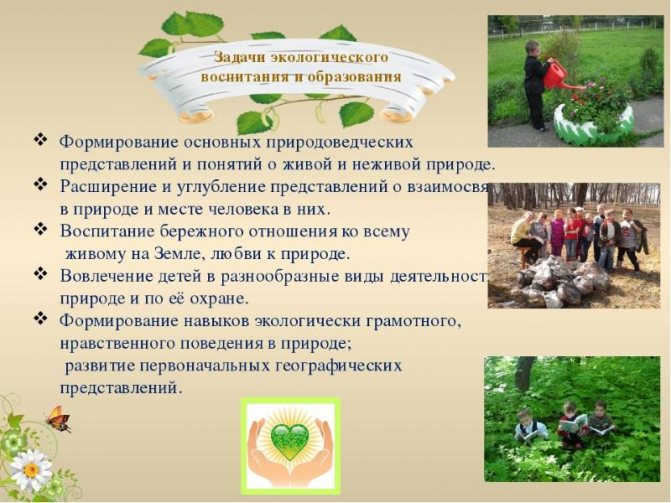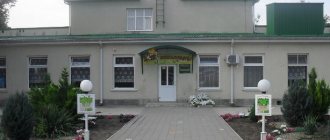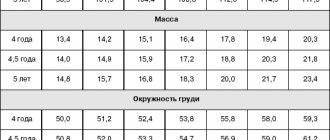Education: variety of approaches to definition
The concept of “education” is equally multifaceted and contradictory. It may include the following definitions.
- a personality trait formed by his environment (educated and uneducated child);
- a set of technologies aimed at shaping the personality of a child, who must have certain qualities;
- a purposeful process of personality change in accordance with the requirements of society or another system (for example, the state);
- the formation of skills, values, socially significant habits, motivations, a system of self-restraints that are adequate to the state of society at this stage of its development.
Ecology and education are the essence of concepts
It is often the most obvious that seems most incomprehensible. The concept of “ecology” has long become common, familiar, and most importantly, universal. The problem is that ecology is a very complex science, formed at the intersection of biology, geography, chemistry and, to some extent, physics. To be even more precise, ecology is a particular manifestation of general systems theory.
If we ask a person far from science what ecology is, we usually get the answer: “It’s something about cleanliness on the planet.” Somehow it happened that this concept was reduced from a complex systems science to actions to cleanse the territory of garbage.
Without going into the details of this transformation, we will give a purely scientific definition of ecology: it is the science of the patterns of functioning of ecological systems. It is logical to continue this definition with the concept of ecological systems. These are living systems, the functional units of which are organisms of different species in their interaction with each other and with components of inanimate nature. Thus, the object of the science of ecology is all living matter on the planet.
However, biology should not be confused with ecology. In biology, the object is the organism in all its manifestations except the psyche. In ecology, the object is the process of interactions of organisms with each other. Since these interactions are constant, they form an ecological system.
Thus, to simplify the definition, ecology is a system of knowledge about how organisms interact with each other to form an ecological system.
Before moving on to the problems of environmental education, it is necessary to touch upon one more concept - the ecological environment. Many people believe that ecology and environment are synonymous. However, it is not. The environment is not a completely correct concept. The environment is what is in the middle, what surrounds the object. Thus, we get a tautology.

It would be more correct to use the term ecological environment, which is interpreted as a specific environment created by the interaction of living objects. Since any organism can live only in such an environment, this definition can be interpreted somewhat differently. The ecological environment is those parameters of the external environment for a given organism that are formed by the activities of various organisms in their interaction with each other.
And the concept of “environment,” despite its incorrectness, has been included in textbooks and laws. For this reason, it is more of a legal term relating to the safety of human life than a scientific concept.





